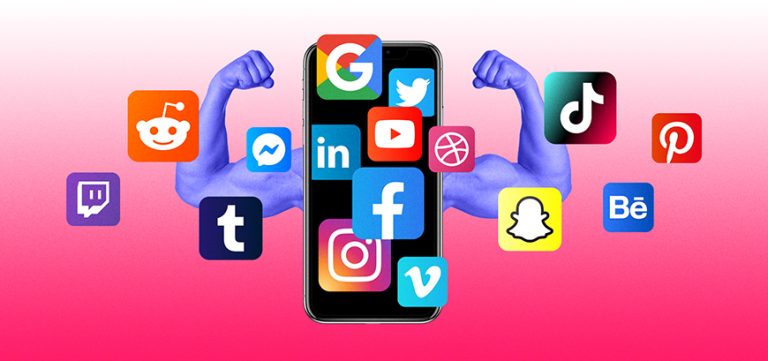
Are you good at chatting up or flirting with potential partners? If so, you may already have rizz, even if you didn’t know it.
The Oxford word of the year, internet slang for romantic appeal or charm, is mostly used by young people.
It was one of eight words on a shortlist, all chosen to reflect the mood, ethos or preoccupations of 2023.
The list was narrowed down in a public vote, before Oxford lexicographers made the final decision.
Other contenders ranged from Swiftie to beige flag to situationship.
What is rizz, and do you have it?
The word might not mean anything to you if you’re not Generation Z.
But it’s used massively online, with billions of views of the hashtag “rizz” on TikTok.
According to Oxford University Press [OUP], which publishes the Oxford English Dictionary [OED], it is defined as style, charm, or attractiveness, and the ability to attract a romantic or sexual partner.
The term is thought to be a shortened form of the word “charisma”.
It can also be used as a verb, in sayings such as “to rizz up”, which means to attract, seduce, or chat someone up.
It’s essentially a newer version of “game”, defined as skill, prowess, and the ability to attract others sexually by using one’s charm.
What do the shorlisted words mean?
- Beige flag (n.): a character trait that indicates that a partner or potential partner is boring or lacks originality; (also) a trait or habit, esp. of a partner or potential partner, viewed as extremely characteristic, but not distinctly good or bad [draft definition]
- Situationship (n.): a romantic or sexual relationship that is not considered to be formal or established.
- Parasocial (adj.): designating a relationship characterized by the one-sided, unreciprocated sense of intimacy felt by a viewer, fan, or follower for a well-known or prominent figure (typically a media celebrity), in which the follower or fan comes to feel (falsely) that they know the celebrity as a friend.
- Heat dome (n.): a persistent high-pressure weather system over a particular geographic area, which traps a mass of hot air below it [draft definition]
- Swiftie (n.): an enthusiastic fan of the singer Taylor Swift [draft definition]
- Prompt (n.): an instruction given to an artificial intelligence program, algorithm, etc., which determines or influences the content it generates [draft definition]
- De-influencing (n.): the practice of discouraging people from buying particular products, or of encouraging people to reduce their consumption of material goods, esp. via social media [draft definition]
OUP added that a draft definition is one drafted by lexicographers “for the purposes of the Word of the Year campaign”, and that the words without drafts definitions are already in the OED.
It explained that the rest of the words may eventually be added to dictionaries, “after assessment of their longevity, frequency, and breadth of usage”.
YouTuber and Twitch streamer Kai Cenat is widely credited as having popularised the term rizz, which he used with his friends.
Usage of the word continued to climb this year, and in June, actor Tom Holland was asked by Buzzfeed about the secret to his rizz.
Holland replied: “I have no rizz whatsoever. I have limited rizz,” before explaining he won over his girlfriend Zendaya by playing the “long game”.
Last year’s Oxford word of the year was “goblin mode”, another slang term describing “unapologetically self-indulgent, lazy, slovenly, or greedy” behaviour.IMAGE SOURCE,GETTY IMAGESImage caption,Many people adopted goblin mode, giving in to lazy behaviour, during the pandemic
Casper Grathwohl, president at Oxford Languages, said that while “goblin mode” had resonated with many people after the pandemic, “it’s interesting to see a contrasting word like rizz come to the forefront”.
He said the word possibly spoke to “a prevailing mood of 2023, where more of us are opening ourselves up after a challenging few years and finding confidence in who we are”.
Mr Grathwohl added that the rise in use of the word rizz proved that words and phrases that derive from internet culture “are increasingly becoming part of day-to-day vernacular”.
The shortlist of eight words was selected by the language experts at Oxford University Press.
That list was then put to a public vote in late November, reducing the field to four finalists, before the experts made the final selection.
In November, the makers of Collins Dictionary revealed their word of 2023 as “artificial intelligence”.
Source: bbc.com














